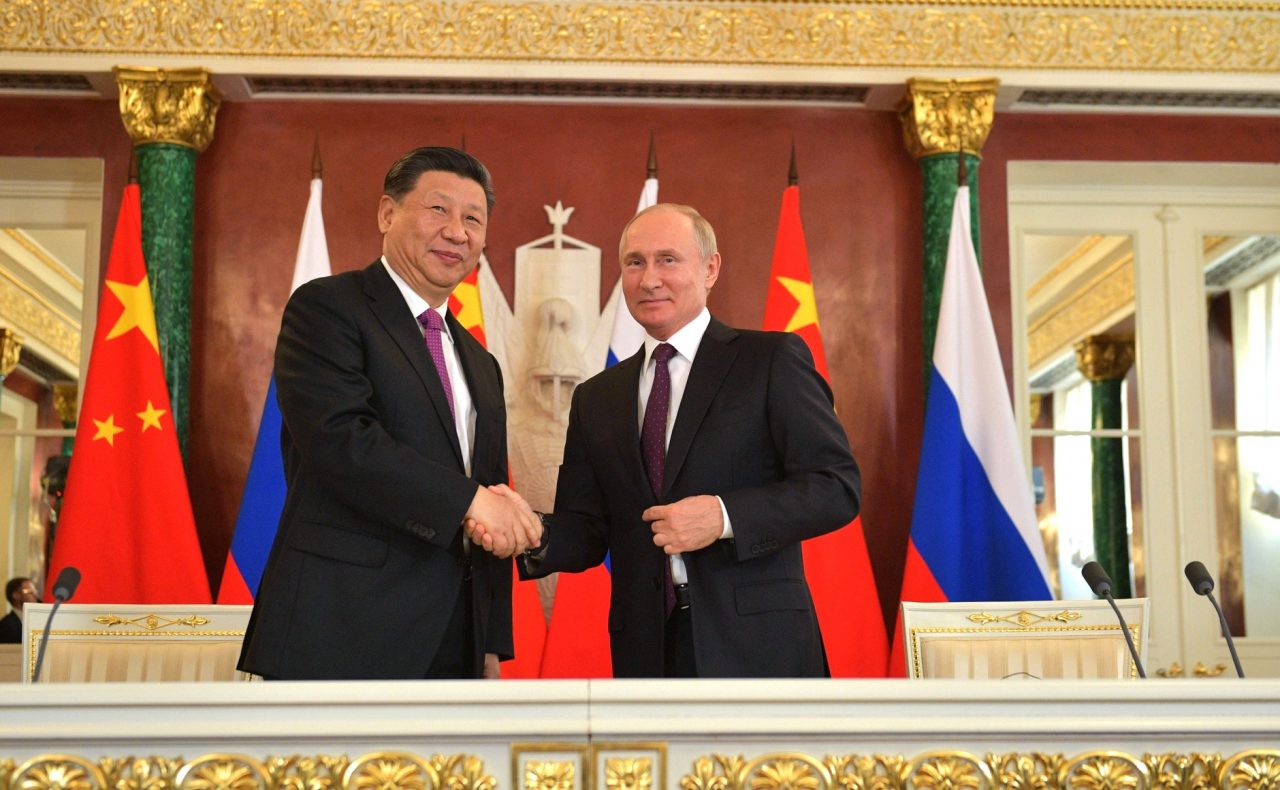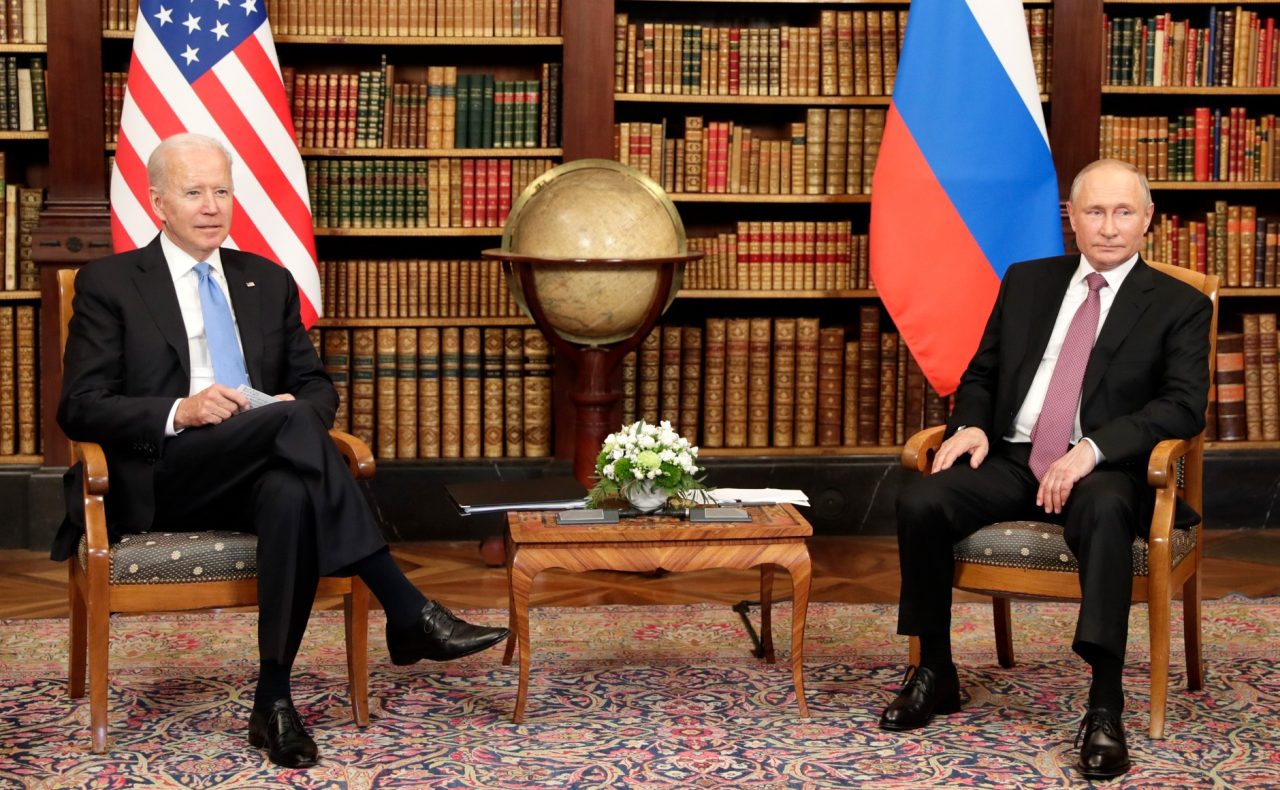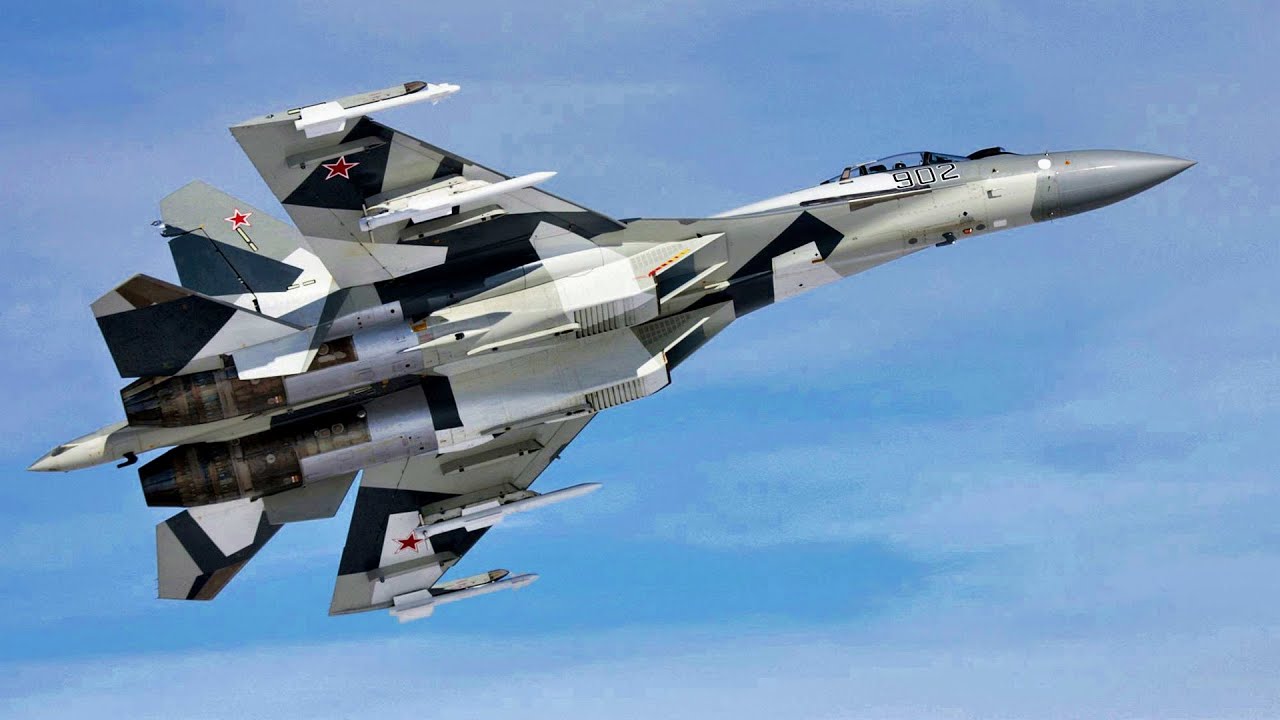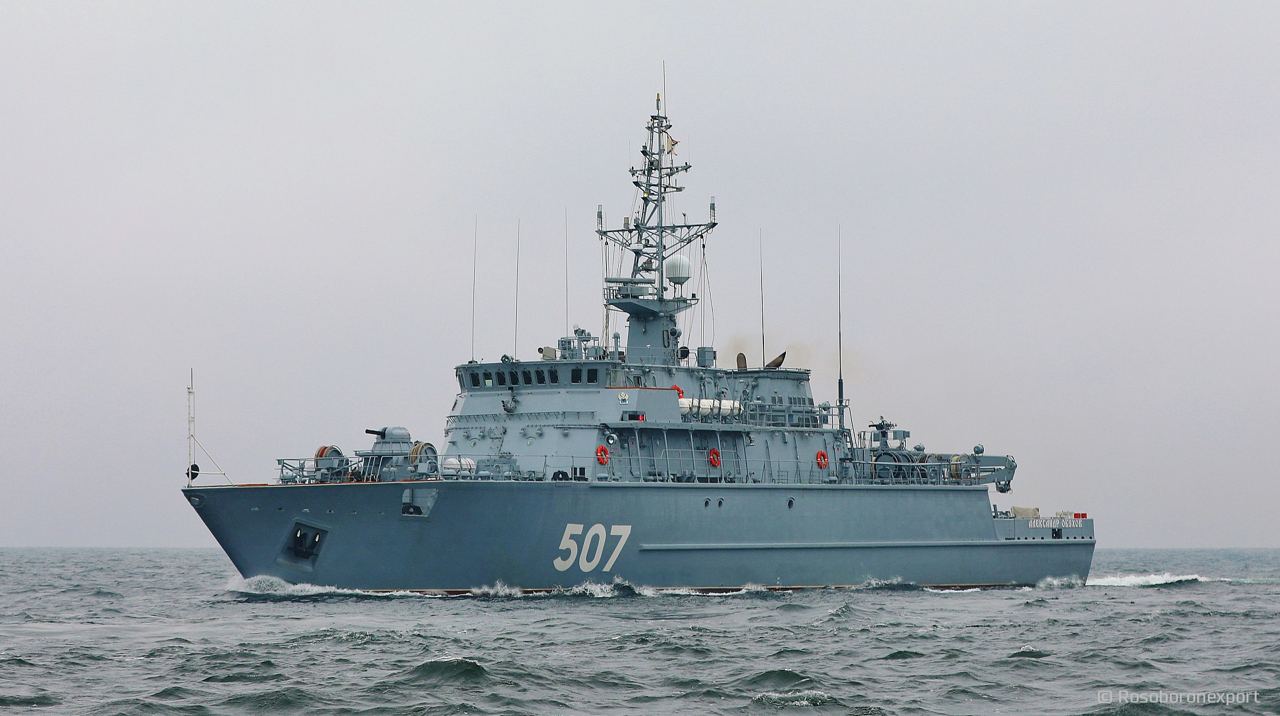Finland is ready to apply for NATO membership if it becomes a matter of national security, Finnish Prime Minister Sanna Marin said.
“Finland is ready to apply for NATO membership if the issue of national security becomes acute,” Marin said at a parliament’s session, as quoted by the Yle broadcaster.
Russia’s aggression in Ukraine had reignited a debate in Finland about whether the country should join NATO, disregarding Moscow’s ultimata that the military alliance limits its expansion in Europe.
Earlier, Finland’s president, Sauli Niinisto, and PM Sanna Marin underscore that the country reserved the option of seeking Nato membership at any time.
“Let it be stated once again: Finland’s room to maneuver and freedom of choice also includes the possibility of military alignment and of applying for NATO membership, should we ourselves so decide,” Niinisto said.

Marin added in her separate speech that every country had the right to decide its own security policy, stressing: “We have shown that we have learned from the past. We will not let go of our room for maneuver.”
Russia’s foreign ministry earlier said that Finland and Sweden joining NATO “would have serious military and political consequences that would require an adequate response from the Russian side”.
NATO Moves Out
Earlier, NATO has decided to temporarily close its Kiev office and transfer the staff to Brussels and Lviv, but the alliance’s mission in Ukraine still functions, a NATO representative said.
The alliance is monitoring and assessing the situation around Ukraine and taking the precautions needed, the representative wrote in an e-mail to Norway’s Verdens Gang (VG) newspaper. The security of the employees is the top priority for NATO, so the staff moved to Lviv and Brussels. The offices are still operational in Ukraine, the official added, according to VG.
The United States, the United Kingdom, Canada, and Australia announced last week their decision to move their embassies from the Ukrainian capital to the country’s western city of Lviv over the security situation. Norway has not done so yet, and is closely watching the developments, the newspaper added.
Many countries chose to evacuate their diplomatic staff and families of the diplomats from Ukraine over the deterioration of the security situation. Nationals of many countries including Germany, New Zealand, Belgium, and Finland were also advised to leave Ukraine as soon as possible and desist from non-essential trips there.

Russian Attack On Ukraine
Earlier, former Virginia State Senator Richard Black told Sputnik that the recognition of the Luhansk and Donetsk People’s Republics (LPR, DPR) by Russian President Vladimir Putin is an indication that he intends to take further action in the east of Ukraine while expressing hope that the United States and the European Union will work to resolve the crisis peacefully.
“By signing the decree, President Putin has made clear his seriousness and willingness to take further action,” Black said. “Hopefully this will cause the US and European powers to work toward resolving matters in a way that avoids bloodshed for both Russians and Ukrainians.”
The recognition of the breakaway republics in the Donbas region should not come as a surprise, however, the ex-senator said, recalling that the Russian lower house, when asking Putin to do it last week, said that it was “morally justified because Ukraine had abrogated its responsibilities under the Minsk agreements, conducted artillery shelling of the region, and imposed an economic blockade on the population.”
The Minsk agreement is a package of de-escalation measures in the eastern Ukrainian conflict negotiated from 2014-2015 within the so-called Normandy format, involving France, Germany, Russia and Ukraine. Moscow has repeatedly accused Kiev of violating the deal.
“Putin’s decree effectively ends the Minsk agreements, which Russia doggedly sought to implement without cooperation from Ukraine or NATO. Under those agreements, Donbas would have gained significant autonomy while remaining part of Ukraine,” Black said. “Since Minsk was ignored, the actions of the Duma [Russian lower house] were predictable.”
The former lawmaker believes that Putin’s signing of the DPR and LPR independence decree creates a new level of uncertainty.
“It is not clear what boundaries are covered by it. Under one scenario, much of the land is occupied by Ukrainian troops, inviting armed conflict over lands they presently hold,” he explained.
“The world would be less apprehensive if the only areas covered by the decree were those lands which the DPR and LPR presently hold. If that is the intent, it would be helpful to say so.”
Black believes that several other nations will also recognize the DPR and LPR.
“Nations like Belarus, Kazakhstan, Syria, Venezuela, and Cuba have recently benefited from Russian assistance and can be expected to reciprocate. At first, the new states will not be widely recognized, but they will not be diplomatically isolated either,” he said.

Black expressed hope that both the United States and Europe will now understand the gravity of the threat to Russia’s vital national security interests posed by “NATO’s de facto encroachment into Ukraine.”
“Until now, they have been dismissive of Russia’s genuine apprehensions,” he stressed. “The US had 200 Florida National Guard troops deployed inside of Ukraine, and Canada had its troops deployed there too. Actions such as those were an unacceptable threat to Russia. That should have been obvious to anyone. Yet until now, politicians have seemed oblivious to the danger that NATO’s reckless eastward advance caused for both Russia and even Western nations too.”
Although Biden has so far resisted cries for immediate sanctions, there will be renewed discussions to decide whether Putin’s actions warrant sanctions now, the ex-lawmaker opined.
“There is still reluctance by European states to back sanctions, so the president’s decree alone might not trigger them. However, President Putin’s comments suggesting that Ukraine should have remained an integral part of Russia after the Soviet Union’s dissolution is causing nervousness across Europe,” he said.
Black believes that independent non-aligned Ukraine with a buffer against war for both sides would provide stability in the region.
“Ideally, Ukraine would be treated as Austria was during the Cold War, when the Soviet Union permitted it to become a sovereign, non-aligned, demilitarized buffer between East and West,” he explained.
In 1955, the Austrian parliament incorporated the Declaration of Neutrality into its constitution, declaring that Austria would remain permanently neutral and would neither join military alliances nor permit foreign bases to be established on its territory.
“From that time forward, Austria stepped aside from East-West tensions, and everyone benefited,” Black said.
If, however, Russia attacked and advanced west of the Dnieper River, it would “create fear and perhaps unite NATO in a serious way,” the ex-state senator said. He would expect this scenario to “rouse passions” among NATO countries such as Poland, Romania, Bulgaria, and Finland.

“Undoubtedly, a move west of the river would trigger sanctions limiting Russian access to financial systems like the SWIFT system for settlement of international transactions,” Black said.
The situation in the breakaway Donbas region has escalated in recent days, with the DPR and LPR reporting increased shelling by the Ukrainian forces and ordering general mobilization in anticipation of an offensive by the government in Kiev. The local authorities began evacuating civilians to Russia on Friday, aiming to take up to 700,000 people into safety.
In 2014, the Ukrainian authorities launched a military operation against the DPR and LPR after they declared independence following what they considered a coup in Kiev. Early clashes escalated into a protracted military conflict that claimed thousands of lives and displaced over 2 million Ukrainians. A ceasefire was reached in 2020, but sporadic fighting continues.
- Via Sputnik News Agency
- Follow EurAsian Times on Google News




